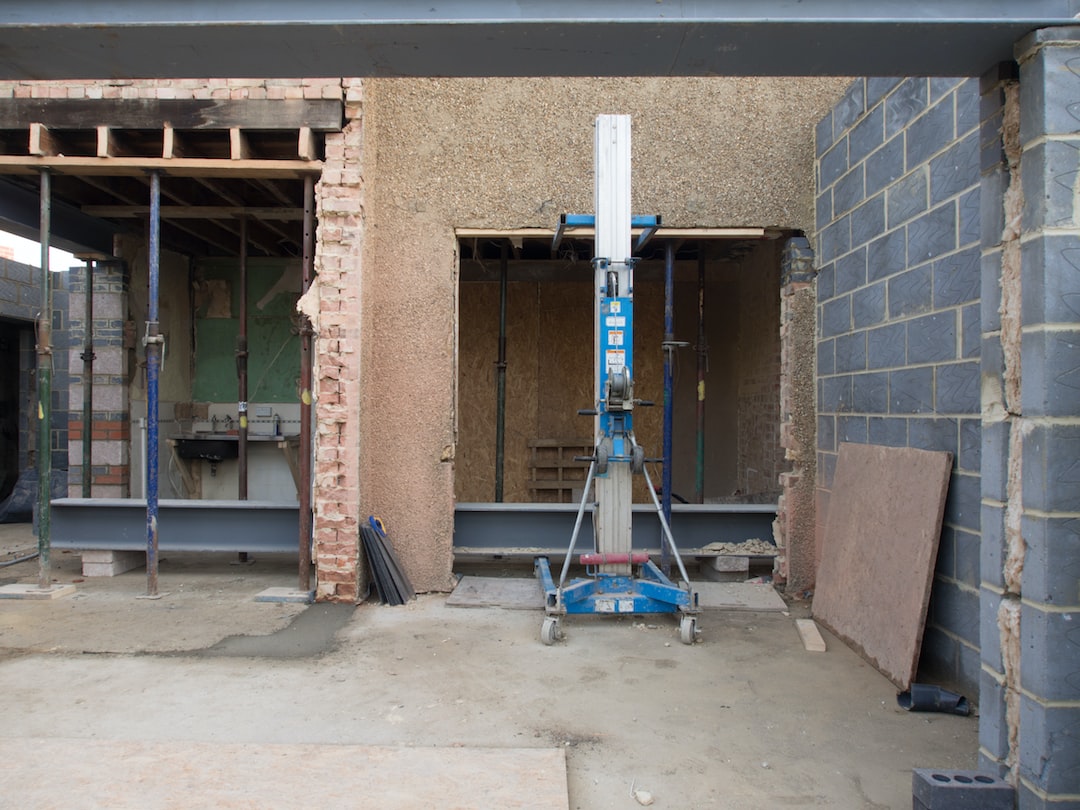Technology is advancing rapidly, and the workplace is changing with it. The future of work is set to be augmented by technology in ways that we can’t even imagine. With the continued development of new tools, applications and systems, the future of work will be shaped by technology, leading to increased efficiency, more flexible working arrangements, and new career opportunities.
One of the main ways that technology is changing the workplace is by increasing automation. Automation is the use of technology to complete tasks once performed by humans. This includes processes like data entry or routine data analysis. As a result, businesses are becoming more efficient, with lower costs for labour and reduced errors. This shift also means that the roles humans perform in the workplace are changing, and people are being asked to upskill to remain relevant. Some jobs may even become redundant.
Another way that technology is changing the workplace is by enabling remote work. With mobile devices and cloud-based technologies, employees are no longer forced to work in traditional office spaces. Remote work arrangements provide employees with greater flexibility, as well as cost savings for businesses, as they no longer need to maintain large office spaces. Remote work also enables businesses to access talent from all over the world, as geography is no longer a barrier.
In addition, technology is changing the way we interact with our colleagues. Communication tools like instant messaging and video conferencing make it easier to stay connected with colleagues, regardless of location, and improve collaboration between employees. Virtual and augmented reality is also being integrated into some job roles, allowing employees to conduct remote training or virtual site visits. These technologies are making work more collaborative, more efficient, and more productive.
Technology is also providing new career opportunities. The rise of the gig economy and freelance work has been enabled by technology. Social media and online job platforms are providing new career paths for people who want to work independently, and entrepreneurship is becoming more accessible. As technology continues to improve and lower barriers to entry, the number of opportunities for self-employed individuals will likely continue to grow.
Overall, the future of work is set to be significantly impacted by technology. Automation, remote work, and enhanced communication and collaboration tools are all set to change the way we work. While these changes might be daunting for some, technology is also providing new career opportunities and greater flexibility. In this new era, workers who are adaptable and willing to learn new skills will be the most successful. As businesses and careers are reshaped by technology, it’s crucial that we remain open to change and look at the new possibilities that technology can bring.

